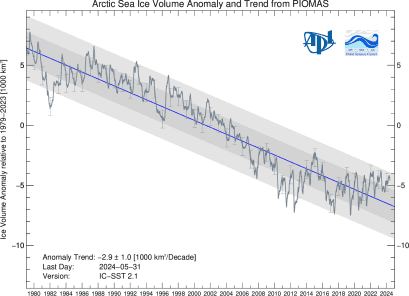skookerasbil
Platinum Member
More bad news for the alarmist climate crusaders.............
Arctic sea ice since 1979 via satellite data >>>
[URL=http://s42.photobucket.com/user/baldaltima/media/Sea%20Ice.jpg.html] [/URL]
[/URL]
Arctic Sea Ice ‘More Resilient’ Than Thought | The Global Warming Policy Forum (GWPF)
Oooooooooooooooooooooooooooooooops!!!!!


More knobby s0ns.....................................


[URL=http://s42.photobucket.com/user/baldaltima/media/cucumber.jpg.html] [/URL]
[/URL]
Arctic sea ice since 1979 via satellite data >>>
[URL=http://s42.photobucket.com/user/baldaltima/media/Sea%20Ice.jpg.html]
 [/URL]
[/URL]Arctic Sea Ice ‘More Resilient’ Than Thought | The Global Warming Policy Forum (GWPF)
Oooooooooooooooooooooooooooooooops!!!!!



More knobby s0ns.....................................



[URL=http://s42.photobucket.com/user/baldaltima/media/cucumber.jpg.html]
 [/URL]
[/URL]






